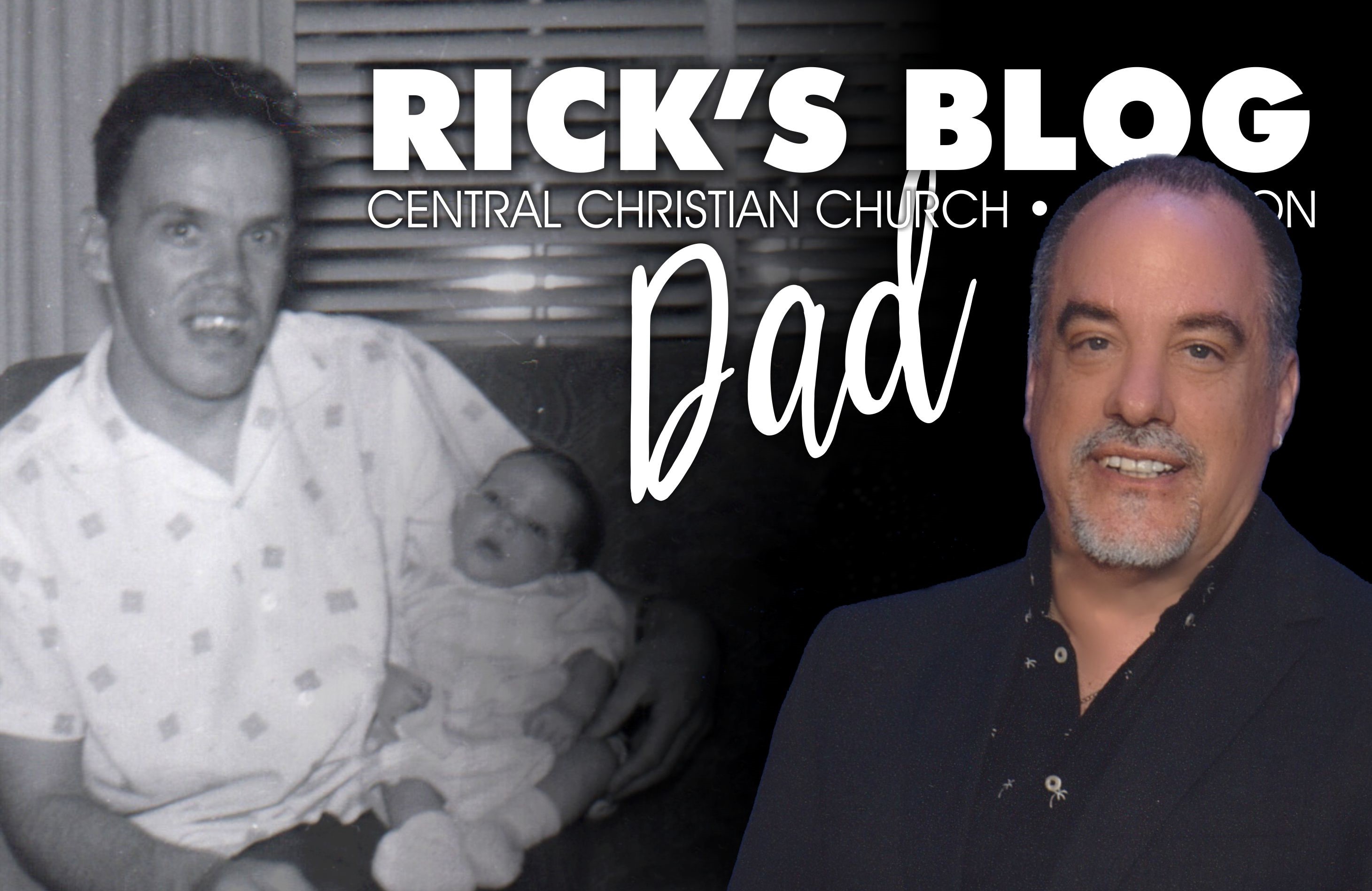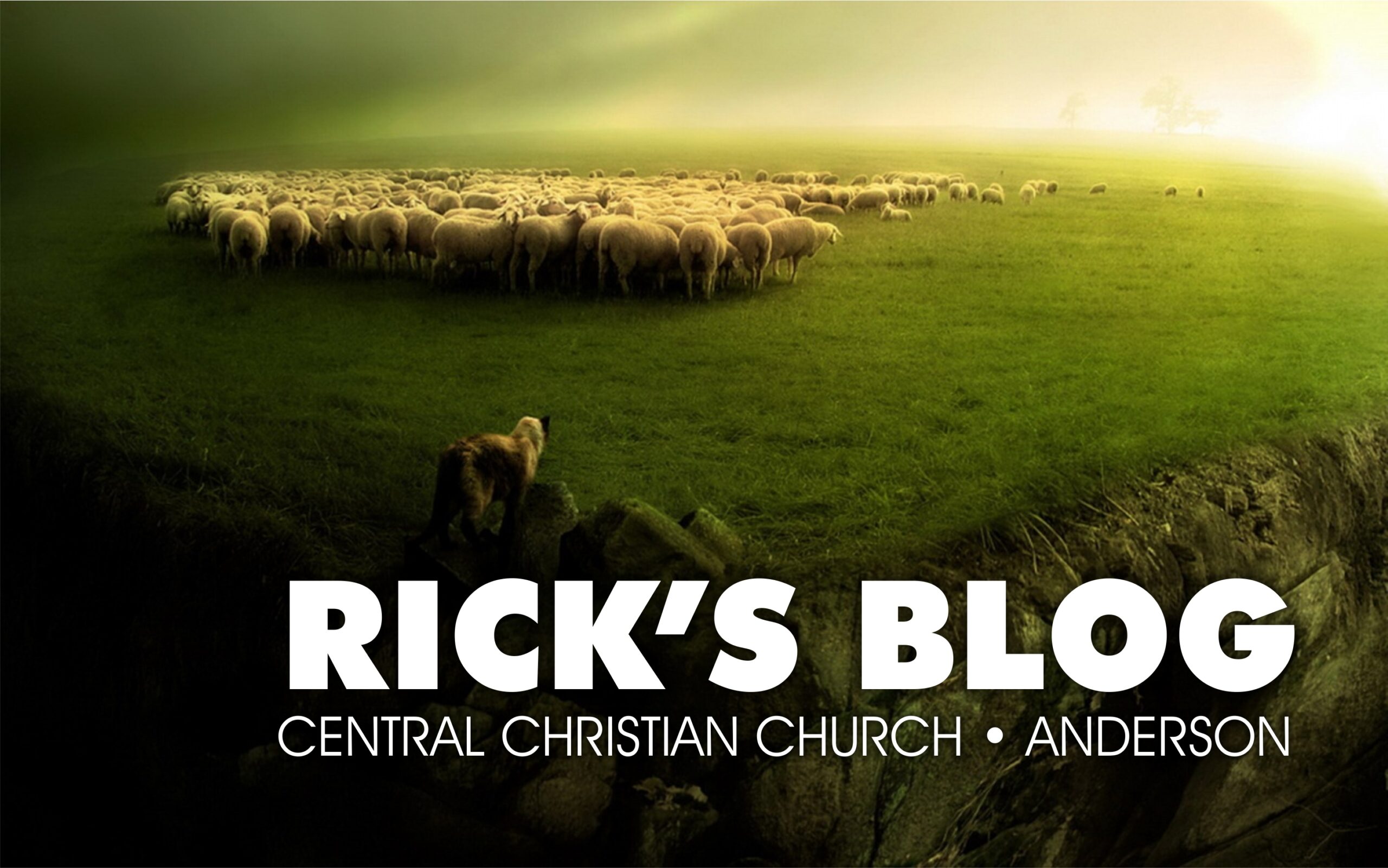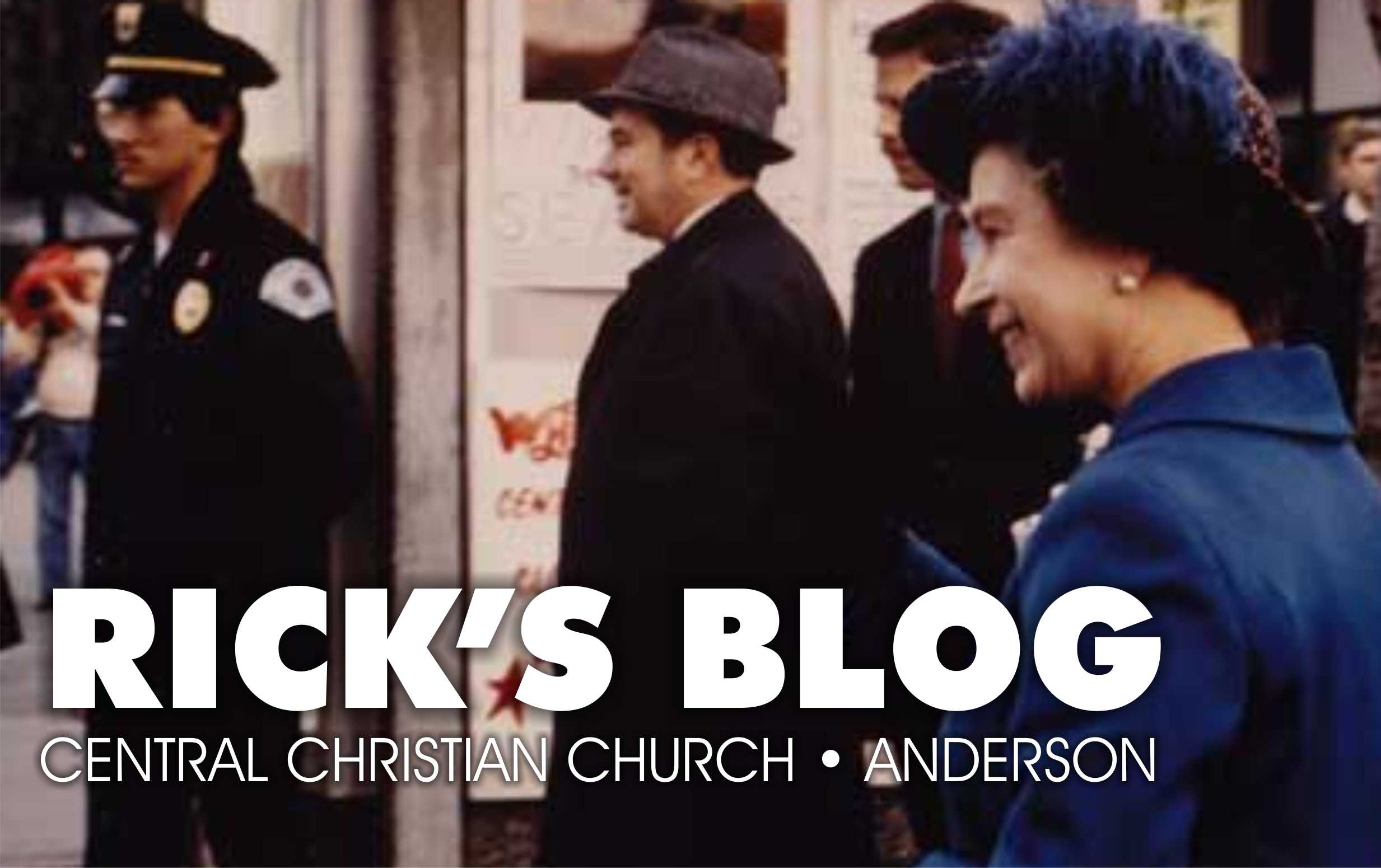(reposted from 2019)
What I have always called, “the best day/the worst day” actually began the night before.
It was when I was a sophomore, majoring in music performance, at the state university I attended right out of high school. On May 13th (one day before my birthday) I was practicing, after the usual dinner of carbs and soda, in a practice room in the Music Building. The rehearsal rooms were, by design, soundproof to the hallway and each other. But that night, there were a couple of people standing directly outside my practice room door, I could hear them talking as I was packing up to leave. I recognized one of the voices as a friend I was meeting for dinner the next day. I started to open the door to say “Hi”, when I heard her say…
“…remember, tomorrow night at 7pm. It’s a surprise for his Birthday, I’ll get him there by 7:30pm.”
She was throwing me a surprise Birthday party!
Since I had never had a surprise Birthday Party, I was excited. Even more so, since (as a control freak) I like to know about “surprises” before they happen. (I know, that defeats the purpose…what can I say?)
However, even with the knowledge of that good news, the next day didn’t start well. I had a “presentation” to give in my first class, which meant shirt and tie. I woke up late (as usual). I leapt out of my bed and sprinted down the hall to the showers for the fastest shower and shave I had ever done. Back to the dorm room and on with the white shirt, pants…I sat on the bed to slip on both my shoes while tying my tie. Rushing, and doing multiple things to be ready in 15 minutes, I jumped up from the bed where I was sitting – ready to step in front of the mirror and behold my glory – when suddenly, without any time to catch a breath or blink, I was painfully on my back, on the floor.
In my multitasking frenzy I had zipped the end of my tie into my pants. When I stood, I flipped myself on my back and ripped off the end of my tie. After breathing in, I remembered…
…I’m having a surprise party tonight!
OK, so things didn’t seem so bad. I tucked the end of the tie in my shirt, put on a jacket to cover the mangled end of my tie if it slipped out of it’s hiding place in my button-down. Then I grabbed my stack of books and raced to the cafeteria to grab a quick coffee (I was already addicted at this point in my life) before heading to my presentation…
…I’m having a surprise party tonight!
Once I arrived at the cafeteria, I placed my stack of books in a cubby downstairs and took two stairs at a time up to the second floor where the magic bean juice was dispensed. Once my coffee lid was secure I raced (carefully) down the stairs to discover…my books were missing.
Sure enough, someone had taken all my books (a thief who obviously enjoyed reading philosophy, music theory and opera, no doubt). Now I need to add at this point that one of the books was borrowed from my mother. It was one of her prized possessions and I promised her it would be safe, as I tucked it in my car on my way to school from my home, two hours away, some months before.
My first thought was…”I’m dead.”
My presentation notes, my books and my mother’s Christmas Book all gone, with no hope of return. Then I remembered…
…I’m having a surprise party tonight!
And with that thought, the problem was placed in a folder a little further back in my brain and my day brightened despite the shredded tie, my aching back, the stolen books and a presentation that I would have to make up “on the fly”. (a little play on words, considering how my tie got mangled).
The presentation was, miraculously, stunning. (I was carried around on the backs of my fellow students, as they cheered…at least that’s MY recollection). My back recovered (ahhh…youth!) and with every hour of the day, good or bad, in the back of my mind was the constant underscore of a party in my future.
I returned to my dorm room around 4pm to find my wall phone blinking with a message.
(Editor’s note: For the young people: a wall phone is like an iPHONE without the screen or camera. It is, if you can believe it, FASTENED to the wall; immovable. People call, but you don’t know who is calling until you answer. In the case of this particular phone, one could leave a message, and a little light would blink on the wall phone of the recipient…it was a brave new world.)
In any case, I listened to the message and called the number. It was the SECURITY OFFICE on campus.
“Are you missing a rucksack?” they asked.
Not totally certain at that point in my life what a “rucksack” was, I said, “No, but I AM missing some books.”
“Can you describe the books?”
“Well, one of them is big, red, and is titled, CHRISTMAS CAROLS FROM AROUND THE WORLD…inside is the name, Margery Baker.”
“You can come claim your rucksack before 5:30pm today.”
I went to CAMPUS SECURITY. Sure enough, there was a backpack (what Shirley in CAMPUS SECURITY called a “rucksack”) that I didn’t recognize. And after I showed her my campus ID she smiled and handed it to me. My books were inside, along with several other things. That’s right…whomever stole my books had lost their “rucksack”.
“Don’t you want it all?” Shirley asked.
I have to say, as tempted as I was by the idea of obtaining my thief’s stuff: an ANDY GIBB cassette, macramé key chain, WORLDS OF ADVANCED GEOMETRY book, and a corduroy cap, I refrained.
I returned to my dorm room in triumph, saying aloud, “God is good.” (Not realizing at the time, in my spiritual immaturity, that God would STILL be good, even if my books hadn’t been found…since “God, being good.” has little to do with me…but that’s another BLOG).
The party I had dreamed of all day finally came to pass, and it was wonderful. That party had colored my day; causing all that went wrong to be placed in priority after the knowledge of what was happening at the end of the day. It was like knowing that the destination was worth any trouble along the journey.
Even at that point in my spiritual immaturity I realized the Spirit had led me into a Truth that would stay with me: knowing what is at the end of the journey puts everything else in perspective.
Every-once-in-a-while I stand in awe as I look on the lives of the Children of God around me, especially my flock, my congregation. These people who suffer loss, sickness, and circumstances that might cripple anyone else, not only survive, but thrive. They live as if they know what lies at the end of the journey. They let all circumstances, good and bad, all moments, all people, roll over them, through them…with the knowledge that there’s a party at the end of the day.
For those of us who BELIEVE & FOLLOW: how would our experience of each day change, if we knew what was at the end of the journey?
Funny thing…we DO know.

















